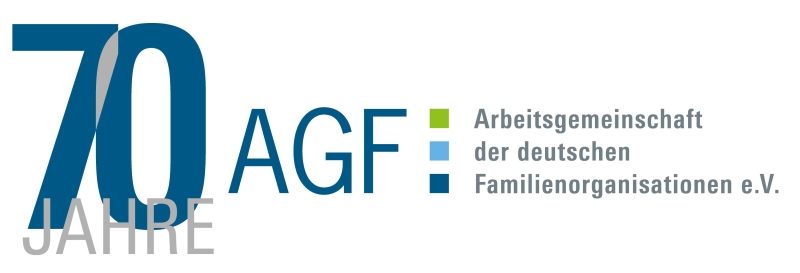This meeting is jointly organised with COFACE Families Europe.
It aims to bring together delegates from German family organisations and experts monitoring the CSA regulation proposed by the European Commission in May 2022 to discuss the state of the play of the negotiations with the European Parliament and Council of the EU, and enhance understanding of the regulation’s impact on families and children.
This will be a hybrid meeting in Berlin and online.

